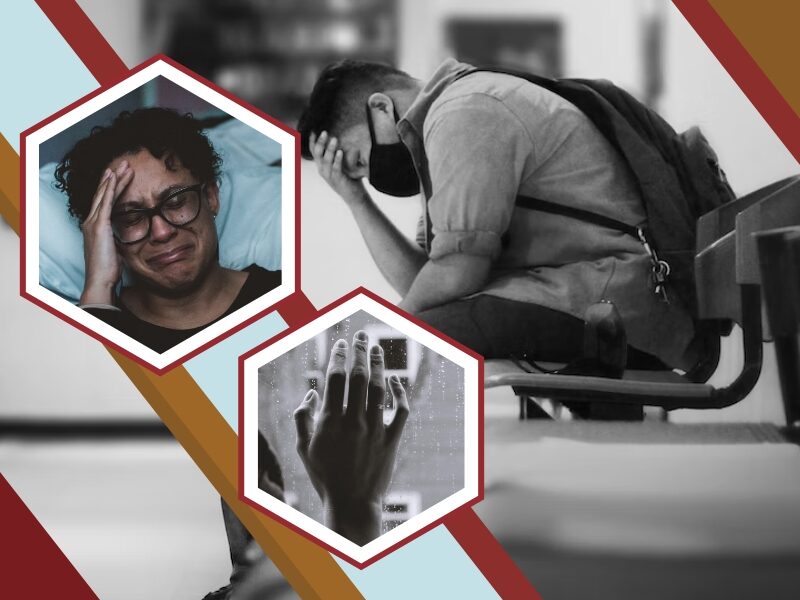Can Depression Affect Others?

What is Depression?
Depression is a mood condition that causes people persistent feelings of sadness and loss of interest in something. That is also called major clinical depression or depressive disorder. It affects the way you think, feels, and behave and leads to a change in emotional and physical problems. You may struggle to do normal day-to-day activities, and sometimes you may feel as if life is not worth living.
Does Depression Affect Other People?
This condition affects your relationships with family and friends. While a person is stressed by this symptom on their own, it also takes a toll on those around them. Relationships may also worsen symptoms of depression as it often increases feelings of loneliness, sadness, and isolation. This depression disorder, in a way, can push others away, leaving the way many people feeling more isolated and withdrawn than ever.
In some cases, this condition creates space for the person, but this often worsens their state of being. Instead of taking symptoms personally, it is necessary for family and friends to be determined in their care and support. Helping to guide someone towards treatment is critical and remaining supportive of someone with this condition is vital even though their symptoms have them attempting to push others away.
General Symptoms of Depression

- Feelings of sadness and hopelessness
- An angry outburst, frustration, and irritability
- Sleep disturbances such as insomnia or oversleeping
- Trouble thinking and concentrating
- Loss of interest or pleasure in most of your normal activities
- Lack of energy, even on small tasks
- Appetite loss and weight loss for some
- Weight gain and increased cravings
- A feeling of guilt, worthlessness, and self-blame
- Agitation and restlessness
- Frequent thoughts of death
- Suicide attempts and or suicidal thoughts
- Unexplained back pain and other physical problems
- Slowed thinking, slurred speech, and slow body movements
When to Get Immediate Help?
If you or someone have symptoms of this condition, talk to your doctor right away. Call 911 if someone is attempting suicide or other forms of self-harm.
Typical Causes of Depression
- Biological differences. People with this condition appear to have physical changes in their brains. The significance of these changes is still uncertain but may eventually help pinpoint causes.
- Hormones. An imbalance of hormones can be a cause of this condition. This includes hormonal changes during and after pregnancy, menopause, and thyroid problems.
- Brain chemistry. The naturally occurring chemicals in the brain may also trigger this condition. Changes in the function and effect of these neurotransmitters and how they interact with neurocircuits involved in maintaining mood stability may play a significant role in depression and its treatment.
- Inherited traits. This is more common in people whose blood relatives also have this condition. Researchers are trying to find genes that may be involved in causing this problem.
Treatment for Depression

A combination approach of psychotherapy and medication is helpful in treating clinical conditions. Your primary care doctor or psychiatrist can prescribe medications to relieve symptoms. If you have severe depression, you may need a hospital stay, or you may need to participate in an outpatient treatment program until your symptoms improve.
Medication Used for Depression
Fluvoxamine. It blocks the reuptake of serotonin and increases its amount in central synapses. It is used very effectively to treat symptoms associated with depression. Fluvoxamine also helps in relieving the imbalance in the neurons, which is believed to give rise to anxiety and depression.
Coping and Support for Depression
- Cut back on obligations that are far from your capacity.
- Try doing a journal to improve your mood and to healthily express your anger, fear, pain, and other emotions.
- Locate helpful groups such as assistance programs and religious groups that offer help for mental health concerns.
- Try to participate in social activities and get together with family or friends regularly.
- Learn ways to relax and manage your stress.
- Plan your day and learn time management to reduce stress and improve your organizational skills.



